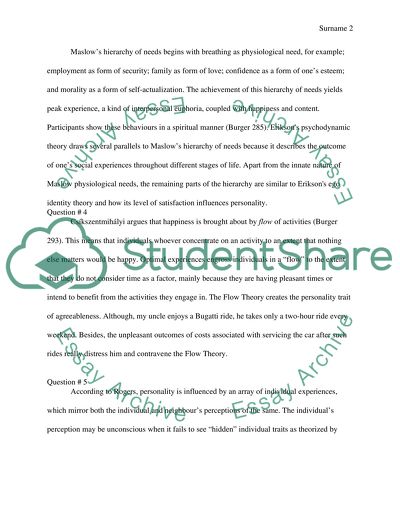Cite this document
(“Case study. Psychology of Personality Study Example | Topics and Well Written Essays - 2250 words”, n.d.)
Case study. Psychology of Personality Study Example | Topics and Well Written Essays - 2250 words. Retrieved from https://studentshare.org/psychology/1497618-case-study-psychology-of-personality
Case study. Psychology of Personality Study Example | Topics and Well Written Essays - 2250 words. Retrieved from https://studentshare.org/psychology/1497618-case-study-psychology-of-personality
(Case Study. Psychology of Personality Study Example | Topics and Well Written Essays - 2250 Words)
Case Study. Psychology of Personality Study Example | Topics and Well Written Essays - 2250 Words. https://studentshare.org/psychology/1497618-case-study-psychology-of-personality.
Case Study. Psychology of Personality Study Example | Topics and Well Written Essays - 2250 Words. https://studentshare.org/psychology/1497618-case-study-psychology-of-personality.
“Case Study. Psychology of Personality Study Example | Topics and Well Written Essays - 2250 Words”, n.d. https://studentshare.org/psychology/1497618-case-study-psychology-of-personality.


